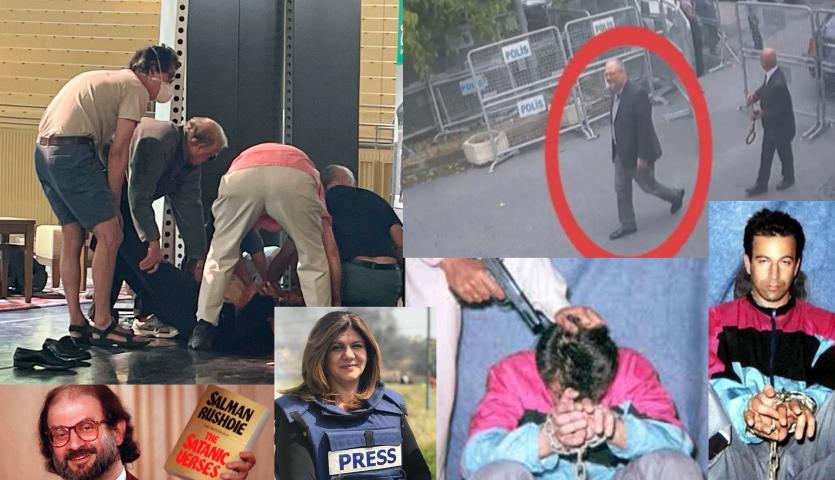Photo: TWD
By Patryk Krych | The World Daily | AUGUST 18th 2022
With the recent, violent attack on novelist Salman Rushdie, certain questions have been tossed around between concerned journalists and writers. Is free speech under attack? Just how safe is it to be a writer or a journalist in the modern day, with attacks now occurring out in the open?
Salman Rushdie was taken off ventilators and talking only a day after his stabbing, making a remarkable recovery despite having been struck ten times. A recovery that may not have been quite so remarkable if the response had been slow. The attacker, 24-year-old Hadi Matar, attacked him in public and is pleading ‘not guilty’.
Rather ironically, Rushdie was giving a speech at the time of the attack, about the importance of protecting writers whose lives were in danger. Until this moment, the whole affair of the fatwa against him was, by many, thought to have been a matter left long behind.
“Iranian state institutions have incited violence against Rushdie for generations, and state-affiliated media recently gloated about the attempt on his life,” said Antony Blinken, the US secretary of state. “This is despicable.”
Rushdie had been under the scrutiny of Iran since the release of his book ‘The Satanic Verses’ in 1988, which led to Iranian president Ayatollah Ruhollah Khomeini announcing a fatwa -a sort of legal decree passed down by an Islamic leader- against Rushdie, sentencing him to death.
“I would like to inform all the intrepid Muslims in the world that the author of the book entitled ‘Satanic Verses’ ... as well as those publishers who were aware of its contents, are hereby sentenced to death,” Khomeini stated in February of 1989, according to Tehran Radio. “Whoever is killed doing this will be regarded as a martyr and will go directly to heaven.”
The debate about free speech has once again been started up as a result, with Iran evading blame for the attack, claiming Rushdie had brought it on himself. More recently, following the Harry Potter author, JK Rowling, voicing her support for Rushdie online after the attack, she too had received death threats as a result – which the police are now investigating.
Since the year 2000, a total of 16 UK journalists, including the United States born Marie Colvin, have been killed over their writings and reports. The majority of these were in conflict zones, and some, like Colvin, were even the results of targeted attacks, over the content of their writings. It can’t be denied that writing has power, and in an increasingly globalised world where information gets across in a matter of minutes, that power is starting to become a problem for dangerous people.






